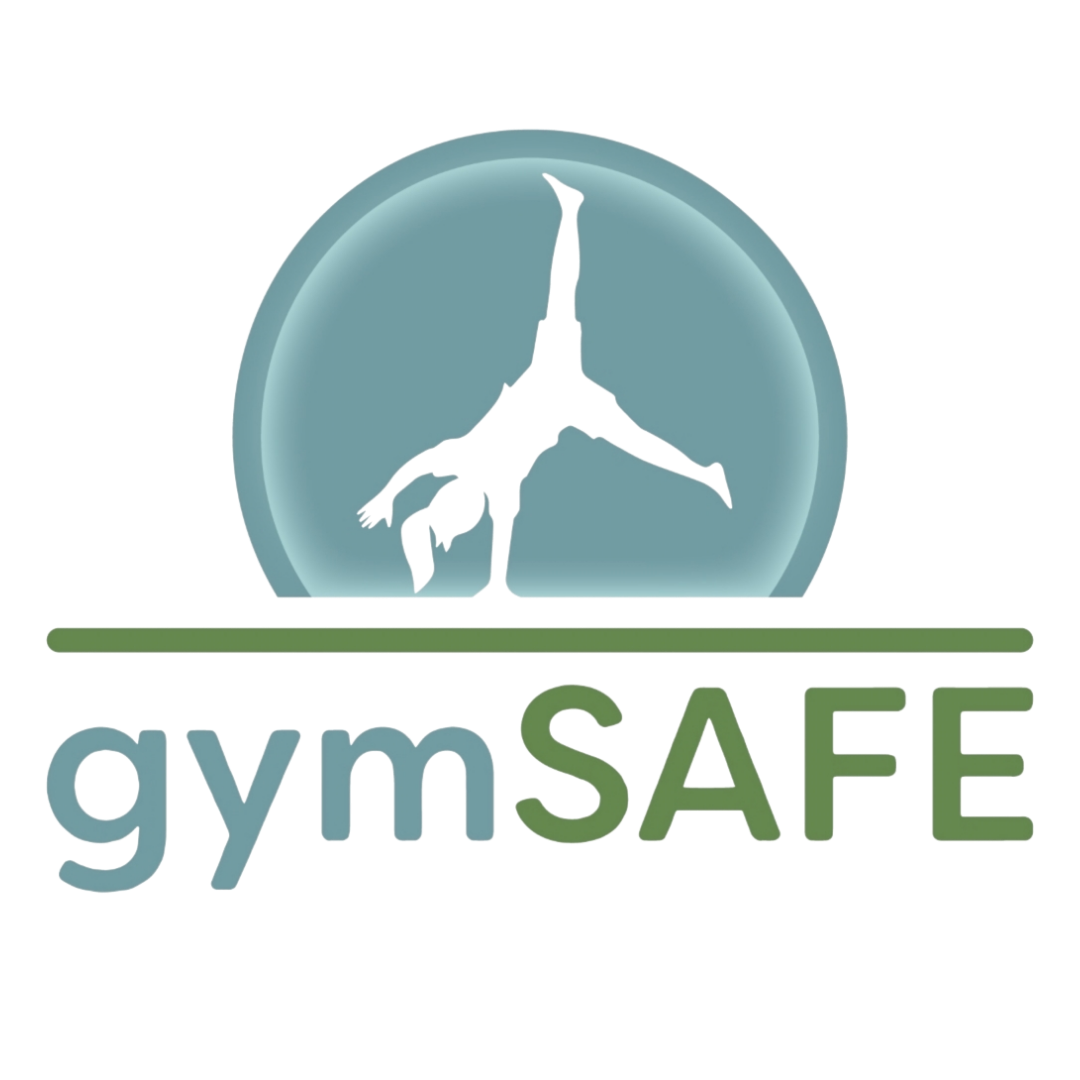It’s the end of the winter/optional season and we are all hoping for a glorious ending to a season full of hard work. Gymnastics coaches are putting their heart and soul into building a successful culmination to a year’s worth of planning. But, as a physical therapist, I’m often tasked with helping gymnasts nurse their season-ending wounds after a year’s worth of pounding.
My hope with this article is that I can share some ideas that will help your gymnasts finish the season strong. If the advice resonates with you, this would be a good article to print and save for years to come.
Now, I understand that every gym environment is unique. Requirements for number of routines per practice vary greatly. Some gyms are set up to accommodate soft landings for every event and some don’t have the luxury of that space and equipment. Although we all know that our athletes should get ample sleep, space and coach availability sometimes force practices to end quite late in the evening. And, while I hope that every gymnastics program takes into consideration the importance of prioritization (in short, a healthy balance between volume and intensity), I know that this is not always the case.
It would take a huge leap of faith for any coach to read this article and start incorporating changes that alter an entire program, especially at the end of the season. So, my intention is to give advice that could apply to any gym right now at the end of this competition season.
Stay focused. And, this is more for the gymnast than the coach. It’s easy to lose focus on skills that you’ve been repeating all season long. When you first learn a skill, your mind is on and focused on the skill. Fortunately, with practice, you are able to perform the skill in a more relaxed way. However, you can’t let go too much. Many of these skills are hard and big. They deserve your attention - even when you have the well-deserved confidence of a whole season’s worth of repetition of the skill.
Coaches, if you feel like short landings are cutting your seasons short - try to dedicate time to the reason why your gymnasts are landing short. As you know, the landing is just a result of the positioning of the skill that came before it. So, requiring a gymnast to repeat a poorly landed skill over and over without giving them a chance to fix everything that comes before the landing will almost surely end in foot/ankle pain and not much improvement in the landing.
Keep your gymnast’s mind and body fresh by replacing some repetitions with mental practice. Studies show that mental practice skills can have an equally positive effect on performance as actual physical practice of skills. So, at the end of season, if you want powerful, energetic, clean performances that don’t increase pain - opt for fewer full out routines over increasing the number of routines. More isn’t always better.
Be careful of overstretching. I realize that many physical therapists don’t understand the flexibility needs of gymnastics and often try to deter gymnasts away from stretching as much as they do. I’m not saying not to stretch, I’m saying to avoid - partner stretching (because poor communication between partners leads to injuries), bouncing and pushing at end range (because this can actually backfire and cause more tightness), hanging out in an end range position for more than a minute (because it doesn’t add to the flexibility and could, in fact, decrease flexibility after the stretch is over).
Respect fatigue at the end of the practice. So many of the injuries that I see are from that one last turn a gymnast was trying to take. Accept that, some days, the gymnast is off. And, repeating that ‘off’ skill over and over at the end of practice until he/she gets it right may not be the best strategy that day.
I hope this advice can keep your gymnasts strong and healthy until the end of their season! If you have any specific questions, please don’t hesitate to reach out to me!
Alyssa Herrera-Set
Doctor of Physical Therapy, Board Certified Sports Clinical Specialist
Owner of On the Move Physical Therapy in Belmont, CA
